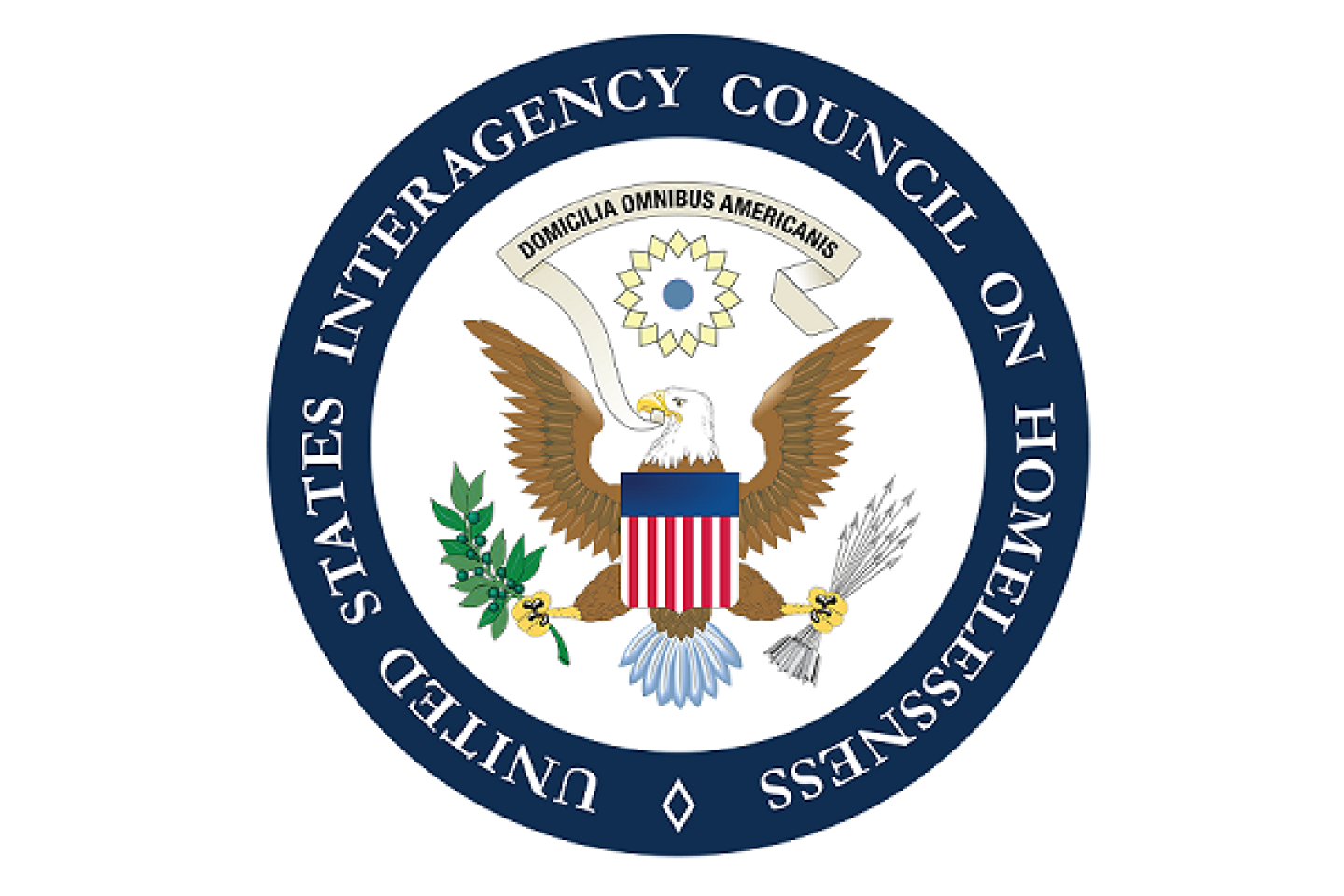Time Is Running Out to Comment on the Next Federal Strategic Plan to Prevent and End Homelessness
The U.S. Interagency Council on Homelessness (USICH) is in the process of creating a new Federal Strategic Plan to Prevent and End Homelessness, and we want your input.
The first and most important part of our process is listening. We’ve already spent hundreds of hours collecting feedback— online and in listening sessions —from people who are part of the response to homelessness, people who have a vested interest in ending homelessness, and people who have experienced homelessness.
We're grateful to everyone who has taken the time to share their thoughts and perspectives, and we'll share what we’ve been hearing soon.
Don't miss your chance to weigh in! We're accepting feedback through the end of November. Comments can be submitted online at usich.gov/fsp .
There are many unknowns about the next federal strategic plan, but a few things are clear: It will reflect USICH’s core values of racial equity, Housing First, decriminalization, and inclusion; and it will maximize the American Rescue Plan, which represents a once-in-a-generation opportunity to significantly reduce homelessness in some communities and end it in others.
USICH launched the first Federal Strategic Plan to Prevent and End Homelessness in 2010. Since then, homelessness dropped nearly 10% overall, 50% among veterans, and 30% among families.
Unfortunately, progress stalled in the last few years.
Since 2016, homelessness has been rising, reversing a years-long trend; and other troubling trends have emerged. Last year, for the first time since the U.S. started collecting this data, more individuals experiencing homelessness were unsheltered than sheltered, and, there was an increase in the number of unsheltered families with children.
Help us get back the progress we made and get even closer to our goal of ending homelessness in America. Together, we can make it happen.
USICH invites feedback from anyone, particularly people who have experienced or are currently experiencing homelessness; people who serve the LGBTQ, BIPOC, or veteran communities; and people whose work involves the justice system.



